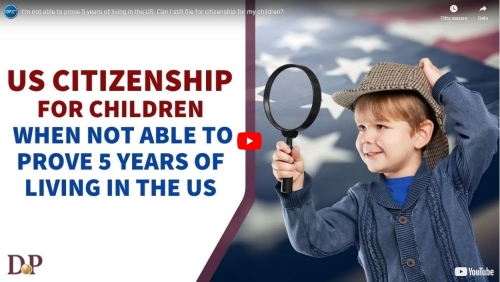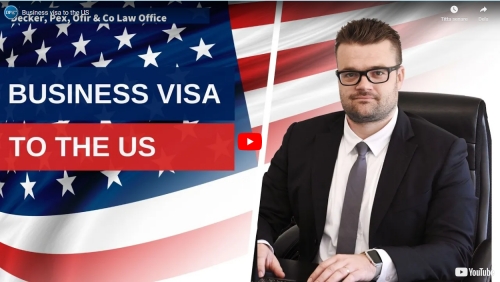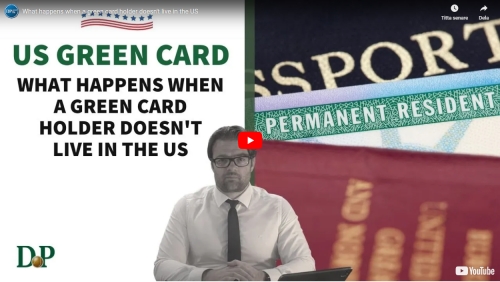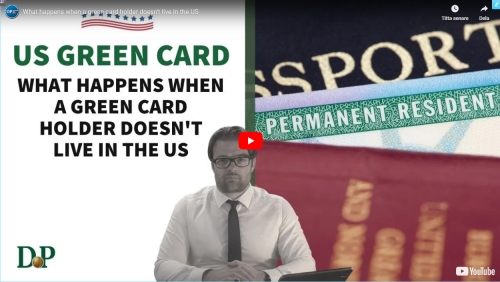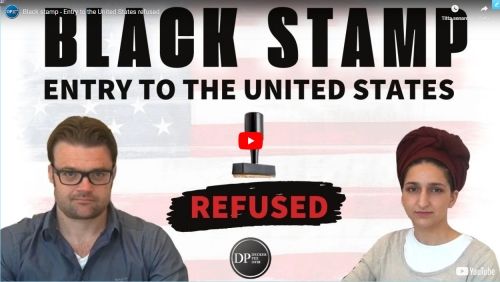When a foreigner marries a US citizen, they can usually acquire a marriage visa that will allow them to immigrate to the US and eventually acquire a Green Card. But what can you do about a denial of marriage visa to the US? In Israel, ministry of interior decisions can be appealed via the judicial system. Is there a similar appeal process for US immigration services decisions?
Denials of visas to spouses of US citizens are relatively common. Though this may be viewed as a violation of the spouses’ rights, it is also considered a necessary step to prevent fraudulent marriages for the purpose of obtaining a green card. If a visa application is denied by the US consulate or the US Citizenship and Immigration Services (USCIS), generally, there is no appeal process. A brief explanation will generally be given as to why the application was denied, and the couple will usually be given the opportunity to reapply after adding the missing documents or fixing the errors in the application.
The Case: Munoz vs Department of State
Sandra Munoz is a US citizen whose Salvadorian husband, Luis Asencio Cordero, living with her in the US since 2005, returned to El Salvador for a marriage visa interview in 2015, was denied a US spouse visa. Those dreams were crushed when the Consular office in San Salvador rejected the husband’s visa application.
Specifically, the denial apparently hinged on the husband having tattoos and giving the overall “impression” being a criminal. Neither a criminal record nor any actual proof that Sandra’s husband was \ wasn’t involved in criminal activities was the basis for the decision.
Munoz felt her rights were violated, as the rejection was not accompanied with a clear explanation as to why the application was denied. She appealed the decision before the court, arguing the rejection process was insufficiently transparent and detailed. 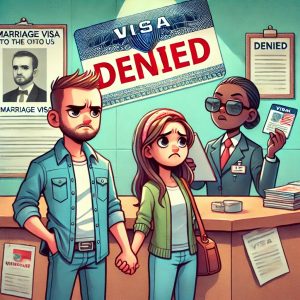
9th circuit and Supreme Court
Munoz took the case to court, arguing that denial of a US marriage visa without a thorough explanation is unconstitutional. A district court ruled against Munoz, based on the “doctrine of consular nonreviewability“, which states that the judgement of a consular official (a foreign service worker at a US consulate or embassy) as to whether grant or deny a visa is not subject to judicial appeal.
Sandra appealed this decision to the 9th Circuit Court of Appeals, which actually sided with the couple, stating that at the very least, the right to examine the evidence against the couple and whether the suggestion that Luis may engage in unlawful activity if (re)admitted the the United States is founded on fact.
The case then went on to the supreme court, arousing national interest and gathering the support of numerous legal associations, who submitted their opinions to the court, largely arguing against consular nonreviewability as an antiquated concept rooted in racist prejudice.
The supreme court ultimately reversed the 9th circuit court’s decision 6-3. The Supreme court admitted that there are some cases where the consular decision can be reviewed, such as constitutional rights being violated. However, there is no fundamental right for a person’s spouse to be allowed to live in the US, and the consular office has full discretion to deny such applications based on its own consideration. The consular office should be allowed to issue visa denials without the need for detailed explanations, review of evidence or judicial oversight except in extreme cases.
Takeaways
Many of our clients have received a vague explanation for the denial of their visa and believe they should be provided a detailed answer that may be appealed to the court, as would be the case if they were requesting a visa in Israel. It can be very frustrating when you receive a denial with a vague wording and with no clear way to appeal it. This Supreme Court case shows the strictness of the legislation and how it is being upheld. It shows that if one’s fundamental constitutional rights are not violated, it is okay to be denied with little explanation.





